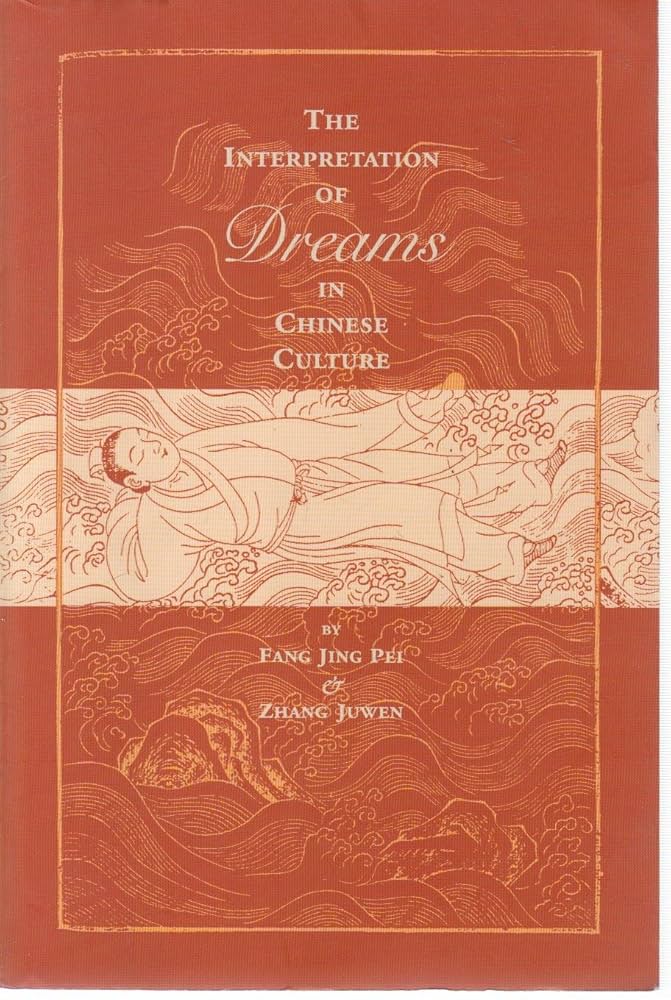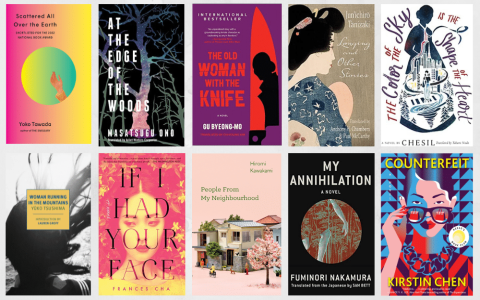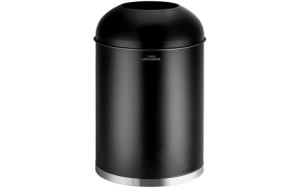1. Why am I looking for a serious dream interpretation book?
One morning, I woke up with my heart racing and my back drenched in sweat. I dreamed that I was walking through a bamboo forest when suddenly a snake darted out from behind a bamboo stalk and started chasing me. I ran as fast as I could, but my legs felt like they were made of lead, and I couldn’t move.
After waking up, I was terrified and immediately searched my phone for “What does dreaming about a snake mean?” The results were a mix of interpretations: some said it represented “subconscious fears,” others claimed it symbolized “sexual desires”—I was completely confused. What did any of this have to do with me?
Later, I remembered that when I was little, my grandmother often flipped through a worn little book and said that she could explain the meaning of dreams about losing teeth or rain. She said it was “something passed down from our ancestors.” So I decided: I won’t rely on the internet to search randomly. I’m going to find a real, reliable Chinese dream interpretation book.

2. I went to the bookstore to look for a book, but they were all useless
I first went to an old bookstore in Chinatown. An old man there, upon hearing I was looking for a dream interpretation book, pointed to a dusty shelf in the corner. After flipping through it for a while, I found a book called Zhou Gong’s Dream Interpretation, but the cover was falling apart and the pages were loose. I asked if he could explain “dreaming of a snake,” but the old man shook his head: “The book is here, but the meaning is gone.”
I then went to a large bookstore in the city center. When I asked the clerk if they had any Chinese dream interpretation books, he looked confused and eventually took me to the psychology section. All the books there were written by foreigners, such as Freud on Dreams. Standing there with a thick foreign book in my hands, I felt particularly odd: My dreams are Chinese, so why should I use a foreign method to interpret them?
3. Searching online is even more troublesome, with more ads than content
I didn’t give up and went home to search online for “the best Chinese dream interpretation book.” The results were even more devastating.
Every webpage claimed to recommend the “oldest” or “most accurate” book, but clicking on them was all ads. Some pages popped up with over a dozen windows saying, “Are you possessed? Click to resolve!” Others pretended to offer free downloads, but clicking on them resulted in a message saying, “Your phone has a virus! Clean it now!” I almost shut down my computer.
Later, I realized that many of the so-called “dream interpretation books” are not books at all, but tools to attract traffic.
4. I asked a knowledgeable relative and found out which ones are real
I called my aunt in Shanghai, who is an old Chinese medicine practitioner and also knows a little about traditional fortune-telling. She laughed when she heard about it: “Those apps and mini programs are all nonsense.”
She told me that there are actually only three dream interpretation books that have been passed down for hundreds of years:
- The Complete Collection of Zhou Gong’s Dream Interpretation: The most common and easiest to understand. It is used most by ordinary people and covers everyday dreams, such as dreaming about water, fire, or relatives.
- The Yellow Emperor’s Dream Interpretation Classic: This book is related to traditional Chinese medicine, which believes that dreams are connected to the health of the body. For example, frequently dreaming of dark shadows may indicate kidney issues.
- The Comprehensive Dictionary of Dream Symbols from the Ming Dynasty: This book is unique because it links dreams to the phases of the moon. For example, the same dream can have different meanings depending on whether it occurs when the moon is full or crescent.
She said, “These books are not superstition. They are the rules summarized by the ancients after observing many people and many dreams.”
- I bought a copy of Zhou Gong’s Dream Interpretation and tried it once
I ordered a complete collection of Zhou Gong’s Dream Interpretation online, and when I received it, it was as thick as a brick. I first looked up my dream of being chased by a snake in a bamboo forest.
I flipped to the section on “snakes” and found the combination of ‘bamboo’ and “snakes.” The book said, “A snake in bamboo foretells verbal disputes; someone will gossip about you behind your back in the near future.”
I was skeptical at first and called my aunt to ask her opinion. She asked me, “Have you said anything bad about anyone at work recently? Or has anyone’s attitude toward you changed?”
The next day, my boss called me in and said that someone had spread rumors that I had stolen someone else’s project. I hadn’t done anything like that, but someone had indeed been talking behind my back.
At that moment, I was terrified—this book was right!
6. I started keeping a dream diary and discovered a pattern
From then on, I kept this book by my bedside and bought a small notebook. The first thing I did every morning was write down my dreams.
I recorded the following:
- Dreaming of losing teeth → The book says: There may be arguments at home. Pay attention to communication with your parents.
- Dreaming of a flood in the house → This represents major changes in life, such as moving or changing jobs.
- Dreaming about catching fish → This is a good thing, and you may make money.
After three weeks of recording, I realized that these dreams were not random. Every time I dreamed about a flood, I would encounter an important decision a few days later. Every time I dreamed about losing teeth, someone in my family would be in a bad mood.
But there was one dream I couldn’t figure out: I kept dreaming about a particularly large persimmon hanging on a tree, red and ripe, but I never picked it.
I looked it up in books and asked my aunt, but I couldn’t find a clear answer. My aunt said, “Some dreams you have to wait until something happens to understand.”
7. Why are these old books more useful than modern books?
Many new dream interpretation books like to incorporate foreign psychology. For example, if you say you dreamed of a rocket, it says, “It means you are very ambitious.”But old books say, “Firelight shooting into the sky means you have a violent temper and should be careful not to conflict with others.”
Coincidentally, my neighbor really did get into a fight with someone over parking during that period, and he had dreamed of a rocket taking off before that.
This made me realize that old books don’t talk about abstract theories, but specific life experiences.
For example, although The Yellow Emperor’s Dream Interpretation is difficult to understand, it connects dreams to the body. For a period of time, I kept dreaming about a dark room, and later I found out that I had poor sleep and was a little anemic.
8. My advice: How to choose a reliable dream interpretation book?
If you also want to try to understand your dreams, I have a few practical suggestions:
- Don’t buy books with flashy covers and titles like “Miraculous Predictions”—those are mostly tourist souvenirs with incomplete content.
- Prioritize classic books like Zhou Gong’s Dream Interpretation—the language is a bit archaic, but the explanations are clear.
- For the same dream, consult two or three books and compare their interpretations—don’t rely on just one.
- Don’t read dream interpretation books before bed. I tried it once and ended up dreaming about the gibberish in the book and woke up scared.
- Most importantly, interpret your dreams in the context of your own life. Books are only a reference; your reality is the answer.
9. Now I’m not afraid of dreaming anymore
I still dream about snakes, but I’m not afraid anymore.I know that whenever I dream of bamboo forests and snakes, it’s a reminder to speak less and avoid getting involved in disputes.
Dreams are not prophecies, nor are they nonsense. They are more like a mirror of our hearts, reflecting emotions and issues we didn’t notice during the day.
And these old books are like quiet old friends, never loud or disruptive, but gently reminding you when you need it: “Be careful, things are about to change.”











